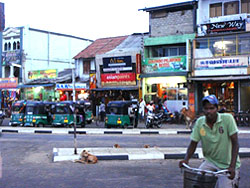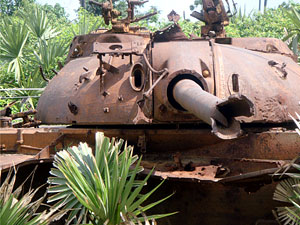What we do
Bridging ethnic, religious and geographic divides through people-inspired action
Bridging ethnic, religious and geographic divides through people-inspired action.
Who
Bridging Lanka connects expatriate and ‘in country’ Sri Lankans. It harnesses the expertise and resources of one for the benefit of the other - through livelihood support, business development, community advocacy, urban planning and social cohesion projects.
In Sri Lanka, we also build bridges between the centre, its administration and assets, and peripheral areas of the country. All our programs embed trans ethnic, religious and social interaction.
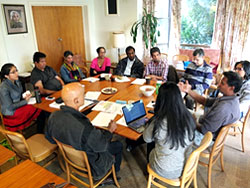
What
- To respond to social, economic and environmental issues in the lagging regions of Sri Lanka;
- To act as a credible knowledge, business and investment conduit between Sri Lankans abroad and nation-building opportunities in Sri Lanka;
- To work towards constructive engagement between expatriate Sri Lankans and the government and citizens of Sri Lanka;
- To explore a Sri Lankan approach to diversity management that affirms the notion of a religious and ethnically-cohesive nation;
- To pursue the relief of poverty, suffering, sickness, disability, helplessness and distress by accessing resources through ethical means.
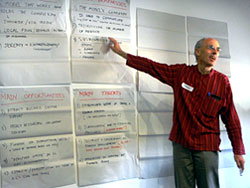
Starting point
Bridging Lanka commenced its work in the Mannar District of North-west Sri Lanka. The district needs help to recover from the devastation of conflict with genuine efforts to rebuild its economy and to uplift people’s living conditions. Start-up capital, both financial and social is required to reinstate Mannar as a resource-rich and productive area, able to provide for its people.
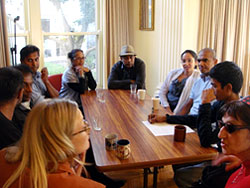
Why
We desire a harmonious, prosperous and just Sri Lanka, free of suspicion and debilitating conflict.
Our rationale is well expressed in the words of Shehan Karunatilaka:
"Explain the difference between Sinhalese and Tamils? I cannot. The truth is, whatever differences there may be, they are not large enough to burn down libraries, blow up banks or send children into minefields. They are not significant enough to waste hundreds of months, firing millions of bullets into thousands of bodies."
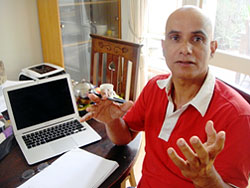
Guiding principles
Open hearted – a global and united diaspora, demonstrating their heart connection to Sri Lanka by working for the peace and prosperity of the country;
Reconciled – an acknowledgement of the collective pain, dispossession and trauma caused by past conflicts and a commitment to journeying together;
Cohesive – the right of every Sri Lankan citizen, regardless of ethnicity, culture or religion, to enjoy equal opportunity to contribute to and benefit from the social, cultural and economic life of the nation.
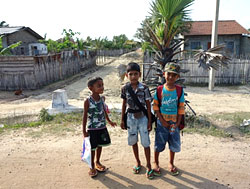
How
Mindset change - from aid dependency to self-reliance; from a victim standpoint to being authors of one's own destiny;
'No enemies' - as Tamil, Muslim, Burgher and Sinhala people we play a positive role in post-conflict Sri Lanka recognising that all parties, including the diaspora and government, are part of the solution;
Place-based - coordinated, area-based, multi-stakeholder approach to uplifting districts through harnessing skills, experiences and resources of the private, public and voluntary sectors;
Relationally interlinked - recognising that the trajectories of people in Sri Lankan and expatriate communities are inextricably linked, that what we do here directly impacts what happens there;
Informed compassion - that proper analysis leads to a deeper understanding and truth, discouraging black and white understandings of complex issues;
Grounded action - that 'hands on' participation through local projects, knowledge transfers, exposure visits and reconciliation initiatives will nurture our desired future.
